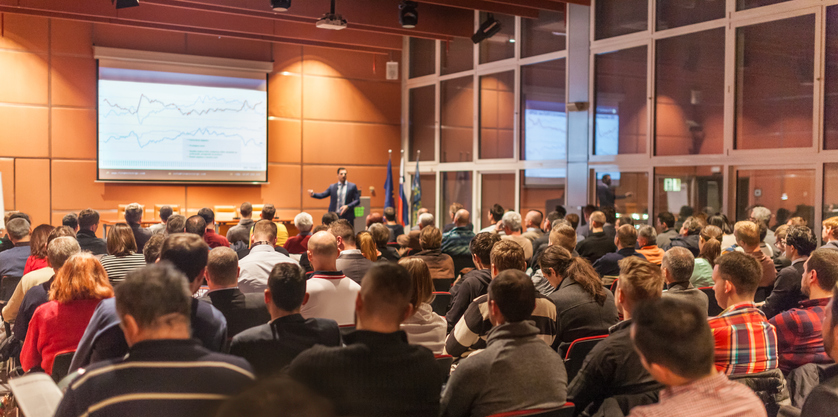
Charting a Course through City and County Disputes
Have you ever found yourself in the thick of a City or County government dispute? For some, these tangles are a regular part of the daily routine; for others, they appear occasionally or sporadically. Regardless of how often you encounter them, grasping the intricacies of these conflicts is vital.
Understanding Local Government Landscape
Local government disputes are distinct from other forms of conflict due to their multifaceted nature. They often encompass legal, policy, and interpersonal issues deeply rooted in the community’s unique needs and values. Navigating these disputes requires more than a legal or administrative approach; it demands a comprehensive understanding of local governance dynamics.
Toolkit for Taming the Bureaucratic Beast
1. Legal and Policy Frameworks: While an understanding of legal principles is helpful, mediators in local government disputes must be well-versed in local policies, ordinances, and regulatory environments. This knowledge enables them to appreciate the legal constraints and possibilities within which local governments operate.
2. Political Acumen: Local government is inherently political. Effective mediators must understand the political context, including power dynamics, stakeholder interests, and the art of negotiation within a politically charged environment.
3. Community Insight: Each local government operates within its unique community fabric. Mediators should understand local cultures, histories, and social dynamics. This insight is crucial in identifying underlying issues and crafting resolutions that resonate with the community.
4. Interpersonal Skills: Listening empathetically, communicating effectively, and managing emotional dynamics is vital. Local government disputes often involve parties with long-standing relationships; thus, managing these interpersonal aspects is vital to a successful resolution.
5. Experience in Local Government: Direct experience provides invaluable context. It helps mediators understand the practical realities of decision-making processes, budgetary constraints, and the impact of policies on the ground.
In local government disputes, the mediator’s role transcends facilitating a legal agreement. It involves bridging gaps between legal obligations and community priorities, balancing policy implications with practical realities, and navigating the delicate balance between stakeholders’ interests. Click here to read about avoiding disputes with local governments.
As a Florida Supreme Court-certified Circuit Civil and County mediator with 25 years of experience working in local government, I invite you to reach out for further details on how I can support your needs. Please send me an email, call me at 954-998-2492, or schedule a free 30-minute consultation.
–Sarah
P.S. You should really Sign up for the mailing list.
